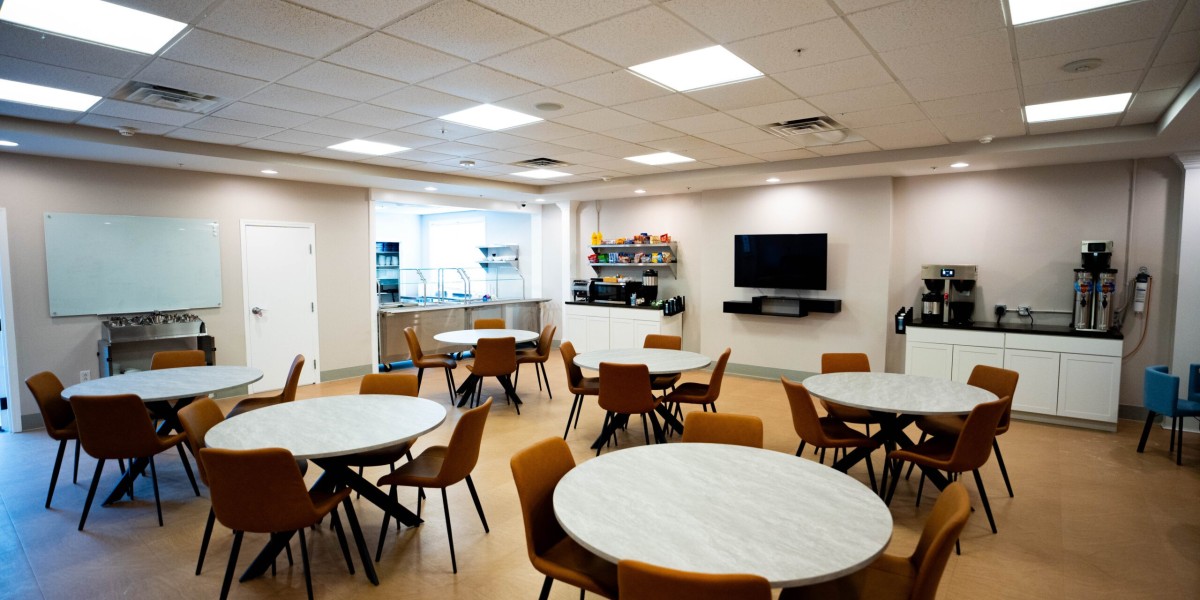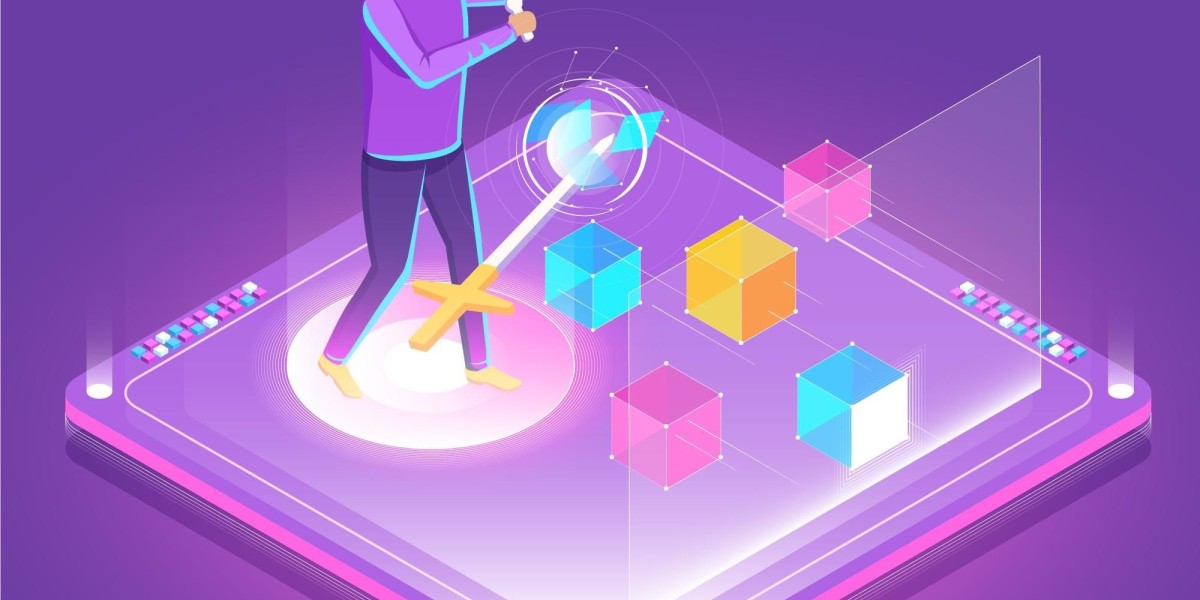Drug addiction is a complex and widespread issue that affects individuals, families, and communities. It is a chronic condition that can result in severe physical, emotional, and social consequences. However, with the right treatment and support, recovery is possible. Drug treatment centers play a crucial role in helping individuals break free from addiction and regain control of their lives.
In this article, we will explore what a drug treatment center is, the types of treatments they offer, and why seeking professional help is essential for overcoming addiction.
What is a Drug Treatment Center?
A drug treatment center is a specialized facility designed to help individuals struggling with substance use disorders (SUDs) overcome their addiction to drugs. These centers offer a range of services to help individuals detox from drugs, address the psychological and emotional aspects of addiction, and develop healthy coping mechanisms for long-term recovery.
Drug treatment center typically provide both inpatient (residential) and outpatient programs, depending on the severity of the addiction and the individual's specific needs. Inpatient treatment involves staying at the center full-time, while outpatient treatment allows individuals to live at home while attending therapy sessions at scheduled times.
The Importance of Drug Treatment Centers
Drug addiction is not simply a matter of poor choices; it is a medical condition that alters the brain’s chemistry and can be incredibly difficult to overcome without professional help. Drug treatment centers provide the structured support needed to manage withdrawal symptoms, address the root causes of addiction, and prevent relapse.
Here are some of the key reasons why drug treatment centers are essential:
- Medical Supervision: Detoxification and withdrawal symptoms can be dangerous, and professional treatment centers offer medical supervision to ensure that individuals safely navigate this process.
- Therapeutic Support: Drug addiction often stems from emotional, psychological, or environmental factors. Therapy and counseling help individuals understand these factors and develop healthier coping strategies.
- Structured Environment: Treatment centers provide a safe, drug-free environment where individuals can focus solely on their recovery without distractions or triggers.
- Aftercare and Support: Drug treatment centers offer ongoing support to help individuals stay sober after completing their program, reducing the risk of relapse.
Types of Drug Treatment Programs
There are several different types of treatment programs available at drug treatment centers, each designed to address the unique needs of individuals at various stages of addiction.
1. Inpatient (Residential) Treatment
Inpatient drug treatment is typically recommended for individuals with severe addiction. It involves staying at a treatment center full-time, where individuals receive 24/7 care and supervision. Inpatient programs offer a structured environment that includes medical detox, individual and group therapy, and support from medical and addiction professionals.
This type of treatment is ideal for those who need intensive support or have a history of relapse. It provides a safe, drug-free environment, removing individuals from the triggers and stressors of their everyday lives.
2. Outpatient Treatment
Outpatient treatment is less intensive than inpatient care and allows individuals to live at home while receiving treatment. Outpatient programs provide flexibility, enabling individuals to attend therapy sessions during the day or evening while continuing to work, go to school, or maintain other responsibilities.
Outpatient treatment is suitable for individuals with mild to moderate addiction or those who have completed inpatient treatment and need ongoing support. It is often combined with other forms of care, such as Medication-Assisted Treatment (MAT), to enhance its effectiveness.
3. Intensive Outpatient Programs (IOP)
Intensive Outpatient Programs (IOP) are more structured and intensive than regular outpatient programs but do not require 24/7 supervision. IOP typically involves several hours of therapy per day, several days a week. It is ideal for individuals who need more support than traditional outpatient programs but do not require inpatient care.
IOPs offer a combination of individual therapy, group therapy, and other recovery services, such as family counseling or relapse prevention education. This type of program provides a higher level of care while still allowing individuals to live at home.
4. Partial Hospitalization Programs (PHP)
Partial Hospitalization Programs (PHP) provide a higher level of care than outpatient treatment, offering several hours of therapy each day, typically five to seven days a week. While it does not require full-time residency like inpatient care, PHP offers more intensive therapy and supervision.
PHP is often used as a transition from inpatient care or as an alternative for individuals with moderate to severe addiction. It provides a structured environment where individuals can receive treatment while maintaining their connections to the outside world.
Treatment Approaches in Drug Treatment Centers
Drug treatment centers use a variety of evidence-based approaches to help individuals overcome addiction. Some of the most common treatments include:
1. Detoxification (Detox)
Detox is often the first step in drug addiction treatment. It involves safely managing the withdrawal symptoms that occur when an individual stops using drugs. Detoxification is medically supervised to ensure safety and comfort during the process.
While detox is essential for clearing the body of harmful substances, it is not a cure for addiction. It is followed by therapeutic treatment, such as counseling or medication-assisted treatment, to address the psychological and emotional aspects of addiction.
2. Behavioral Therapy
Behavioral therapy is one of the most common and effective forms of treatment used in drug treatment centers. It helps individuals identify and change the patterns of thought and behavior that contribute to their addiction.
- Cognitive Behavioral Therapy (CBT) helps individuals recognize and reframe negative thought patterns, teaching new coping skills and problem-solving strategies.
- Contingency Management rewards individuals for positive behaviors such as abstinence from drug use, encouraging them to stay on track with their recovery.
3. Medication-Assisted Treatment (MAT)
For individuals with opioid or alcohol addiction, Medication-Assisted Treatment (MAT) can be highly effective. MAT combines medications (such as methadone, buprenorphine, or naltrexone) with counseling and behavioral therapy to help individuals manage cravings and prevent relapse.
MAT reduces withdrawal symptoms and cravings, making it easier for individuals to focus on their recovery and engage in therapy.
4. Support Groups and Family Therapy
Support groups, such as Narcotics Anonymous (NA) or SMART Recovery, are often integrated into treatment programs. These groups provide a space for individuals to connect with others who are going through similar experiences, offering mutual support and accountability.
Family therapy is another important component of treatment. It helps improve communication, rebuild trust, and address any issues that may have contributed to or resulted from the addiction.
Conclusion
Drug treatment centers are an essential resource for individuals struggling with addiction. They provide comprehensive care, offering a combination of detoxification, therapy, counseling, and support to help individuals achieve lasting recovery. Whether through inpatient or outpatient care, drug treatment centers offer the structure, expertise, and resources needed to help individuals break free from addiction and rebuild their lives. If you or a loved one is struggling with substance use, seeking help from a drug treatment center is the first step toward recovery.








